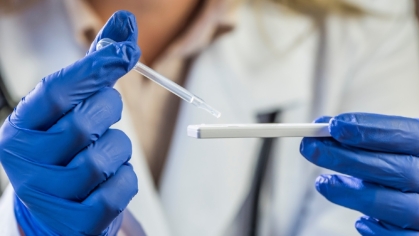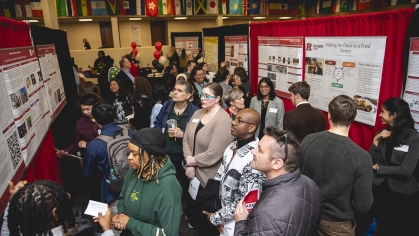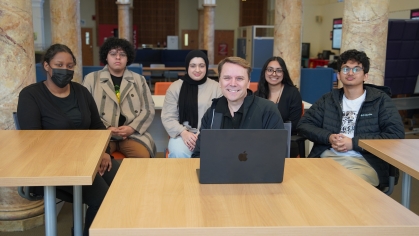Celebrating STEM student excellence
Rutgers‒Camden undergraduate biology students awarded high honors at national biomedical research conference
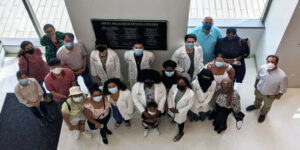 Students and faculty attended virtual Annual Biomedical Research Conference for Minority Students
Students and faculty attended virtual Annual Biomedical Research Conference for Minority Students
Jan. 18, 2022
By Jeanne Leong
Three Rutgers University‒Camden undergraduate students reached the summit of their respective research projects, taking home top honors at the Annual Biomedical Research Conference for Minority Students (ABRCMS). It was no small feat as Rutgers‒Camden students presented their research during the virtual conference, which was attended by nearly 4,000 students from colleges and universities throughout the United States.
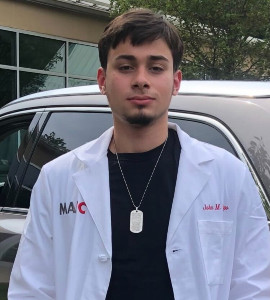
John Crespo
“These awards are the evidence that the stars are aligning for Rutgers‒Camden to be among the best institutions in the region for undergrads to dive into the world of research," says Nathan Fried, the assistant director and program coordinator of the Rutgers‒Camden Maximizing Access to Research Careers (MARC) program.
Under the tutelage of Fried, an assistant teaching professor of biology, John Crespo, a junior from Willingboro, received a Best Poster Award in the neuroscience category for his research project, “Pilot Study Reveals Reduced Sleep Increases Sensitivity to Chemical Nociception in Drosophila Melanogaster.” The study finds that lack of sleep increases pain in fruit flies. Julianna Jimenez, a junior from Camden, received a Best Poster Award in the developmental biology and genetics category for her research project, “The Use of Barr Bodies to Determine Sex in Samples of Forensic Significance,” in which she developed a new molecular method to detect a person’s sex using blood samples. Jimenez is mentored by Kimberlee Moran, an associate teaching professor and director of forensics at Rutgers‒Camden.
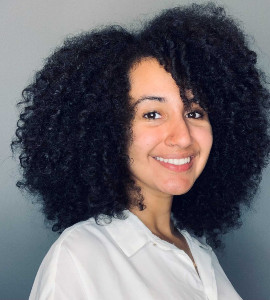
Julianna Jimenez
Malaika Mahmood, a junior from Mount Laurel, received a Best Poster Award in the neuroscience category for her research project, “A Machine-Vision Approach for Automated Locomotor Recovery Evaluation at Millisecond Timescales.” She developed a machine-learning method to assess behavioral recovery from spinal cord injury in mice. Victoria Abraira, an assistant professor of cell biology and neuroscience, mentors Mahmood.
Five other Rutgers‒Camden students also presented their research during the conference Nov. 10-13. The gathering, held virtually due to the pandemic, brings together one of the largest communities of underrepresented minorities in science, technology, engineering and mathematics.

Malaika Mahmood
In addition to presenting their work from their Rutgers‒Camden classroom during the four-day conference, students had opportunities to connect with peers, attend talks with leading scientists, hone professional development skills, explore graduate schools and network with experts in their fields. Fried says a conference is ordinarily out of reach for students because of the financial cost, but due to the virtual format, students were able to attend without travel and lodging costs. The conference’s virtual format offered opportunities for 13 Rutgers–Camden students to attend watch-party events. “These students are all working on research projects and hope to pursue Ph.D. programs in the future,” says Fried. “We are hopeful that this experience will help them complete these projects and propel their careers, especially those who presented and won awards.”
